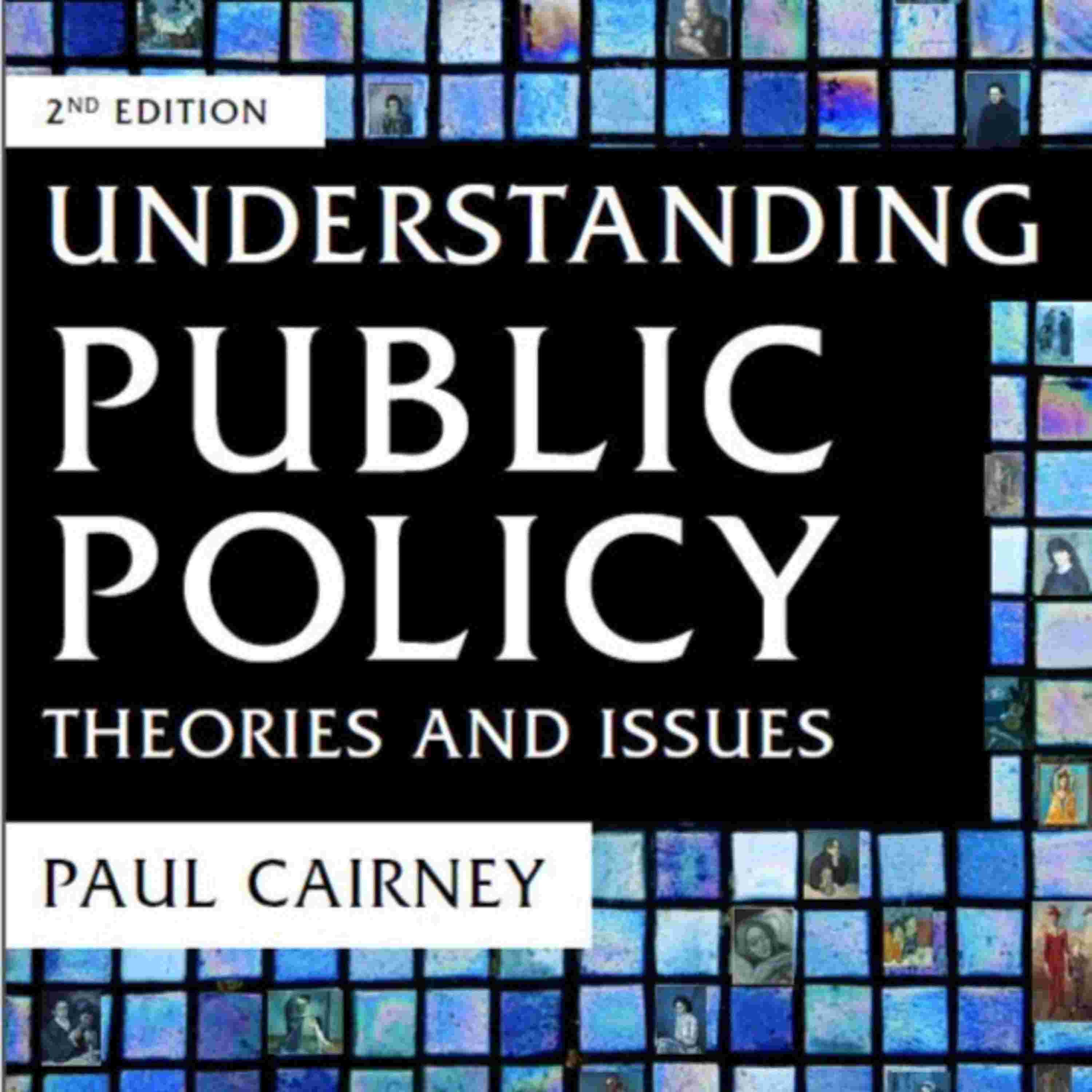

From Policy Concepts in 1000 Words: The Psychology of Policymaking
Psychology is at the heart of policymaking, but the literature on psychology is not always at the heart of policy theory. Most theories identify ‘bounded rationality’ which, on its own, is little more than a truism: people do not have the time, resources and cognitive ability to consider all information, all possibilities, all solutions, or anticipate all consequences of their actions. Consequently, they use informational shortcuts or heuristics – perhaps to produce ‘good-enough’ decisions. This is where psychology comes in, to:
Where does policy theory come in? It seeks to situate these processes within a wider examination of policymaking systems and their environments, identifying the role of:
Putting these approaches together is not easy. It presents us with an important choice regarding how to treat the role of psychology within explanations of complex policymaking systems – or, at least, on which aspect to focus.
Our first choice is to focus specifically on micro-level psychological processes, to produce hypotheses to test propositions regarding individual thought and action. There are many from which to choose, although from Daniel Kahneman’s Thinking, Fast and Slow (p 20), we can identify a basic distinction between two kinds ‘System 1 operates automatically and quickly, with little or no effort and no sense of voluntary control. System 2 allocates attention to the effortful mental activities that demand it, including complex computations … often associated with the subjective experience of agency, choice and concentration’. Further, system 1 can be related to a series of cognitive shortcuts which develop over time as people learn from experience, including:
For more see Policy Concepts in 1000 Words: The Psychology of Policymaking